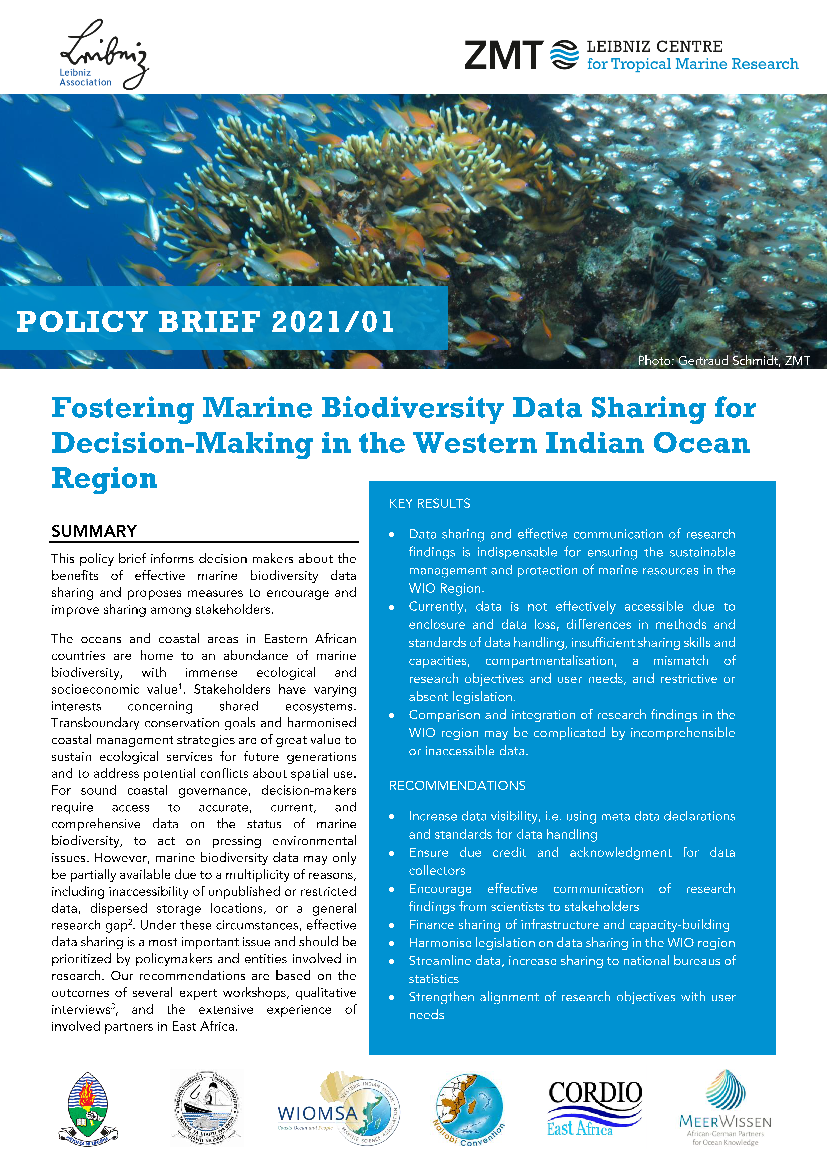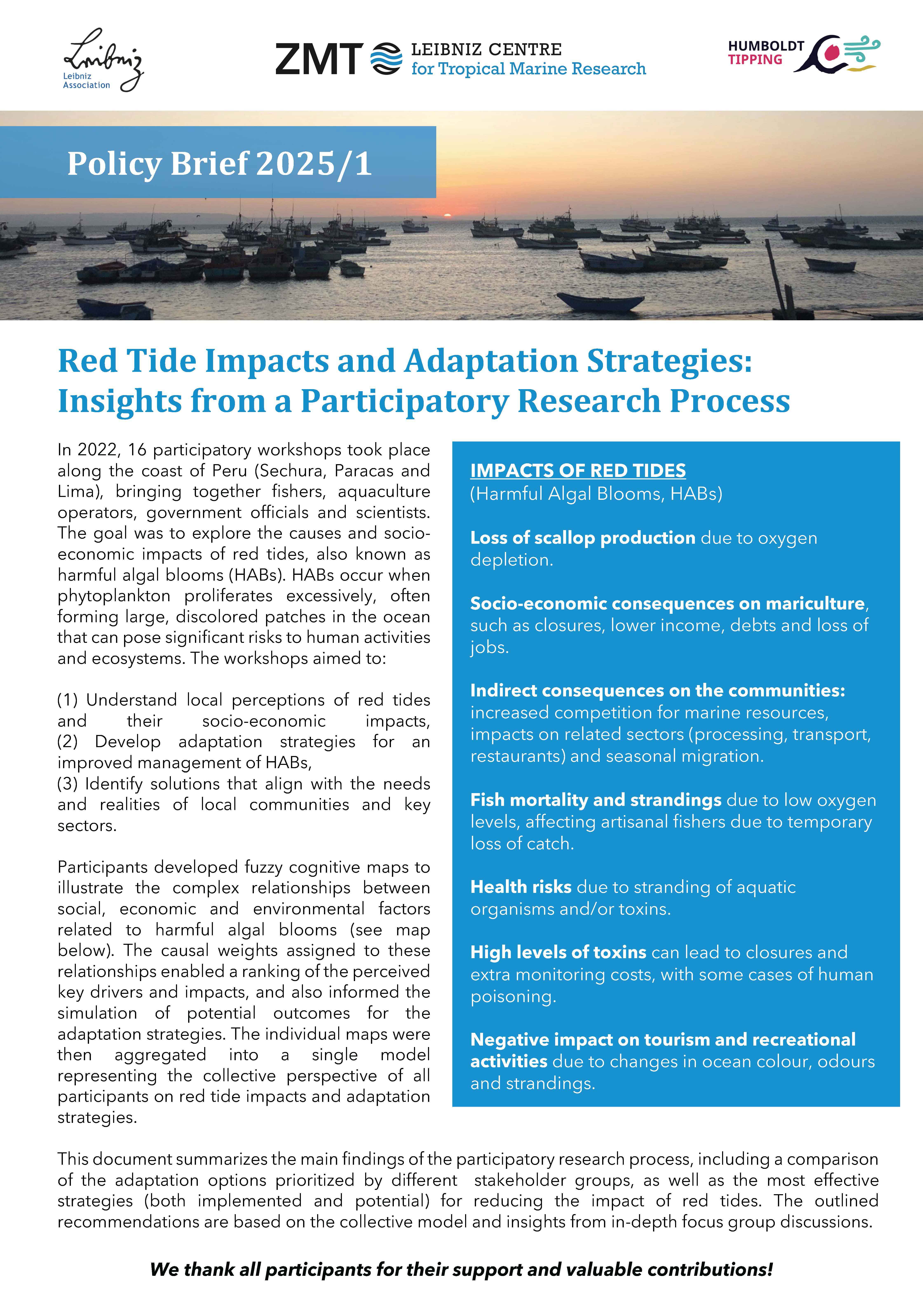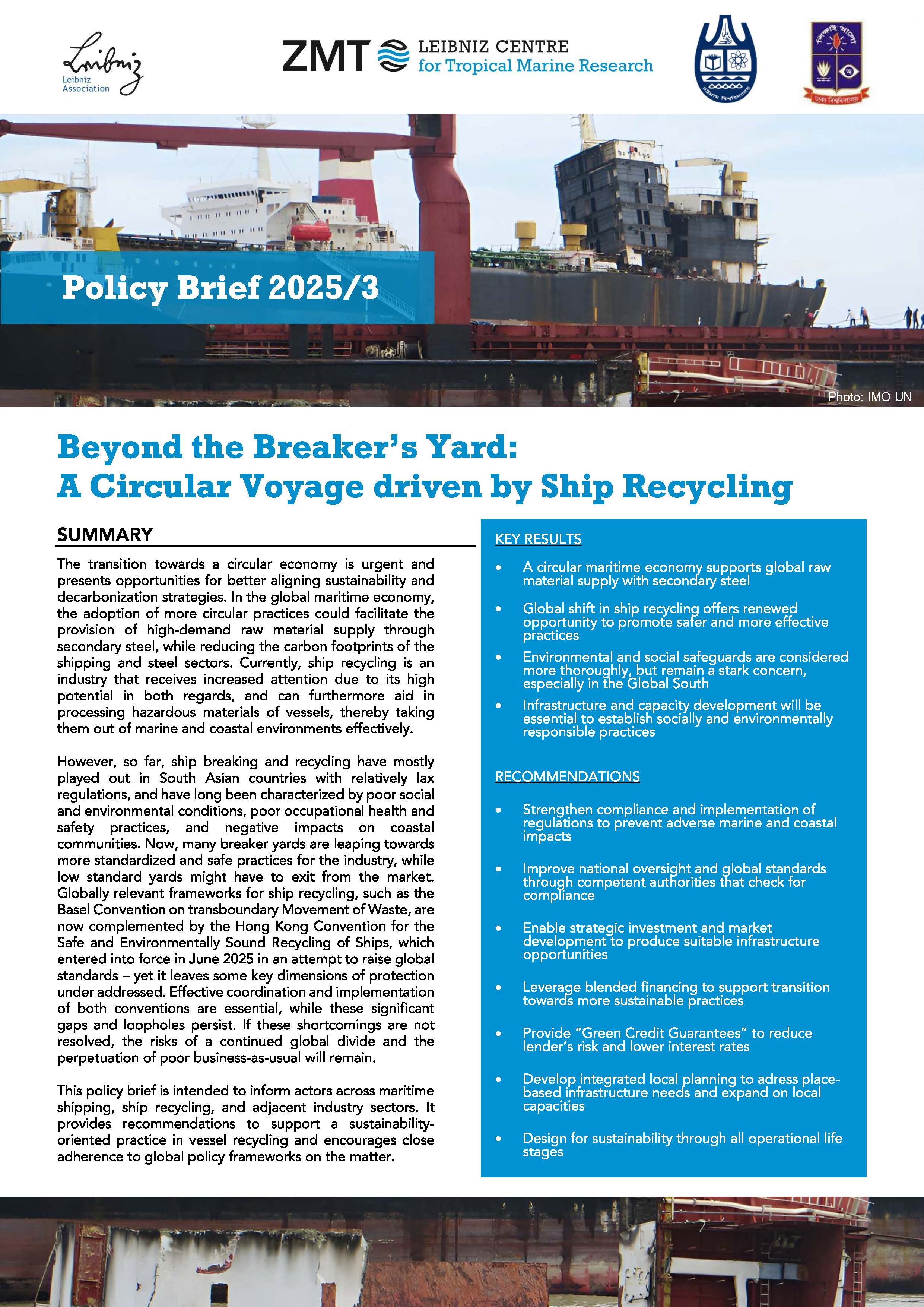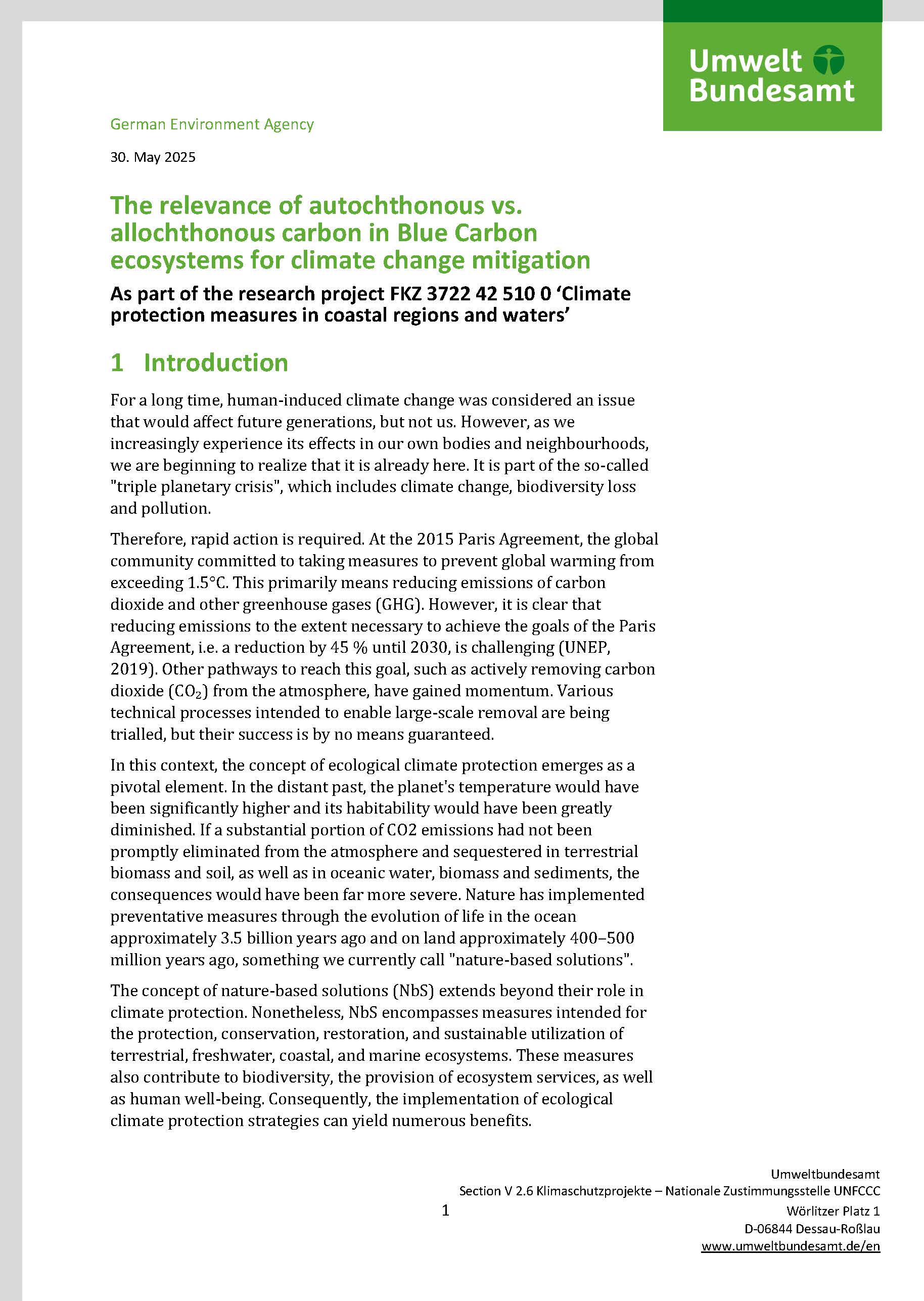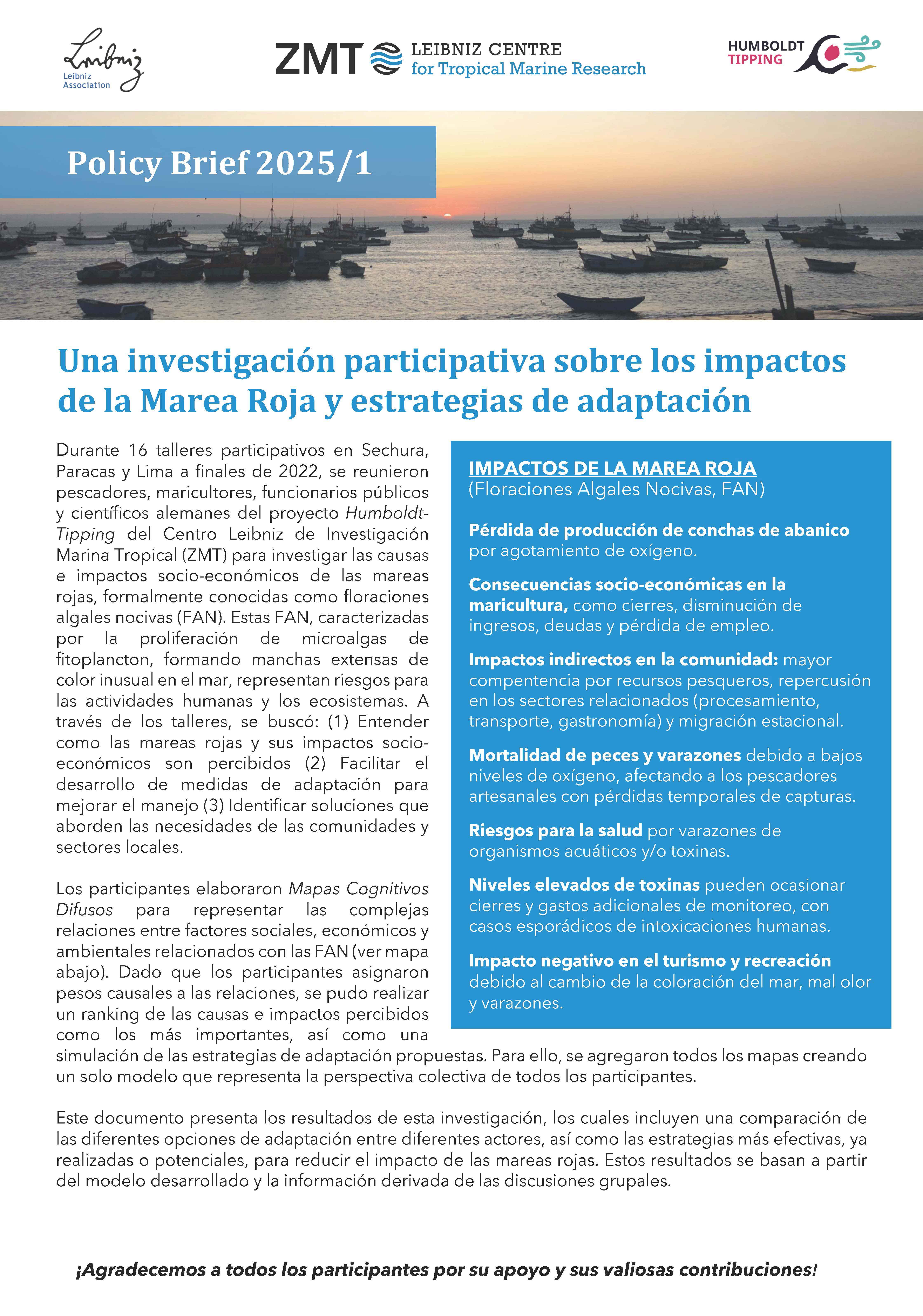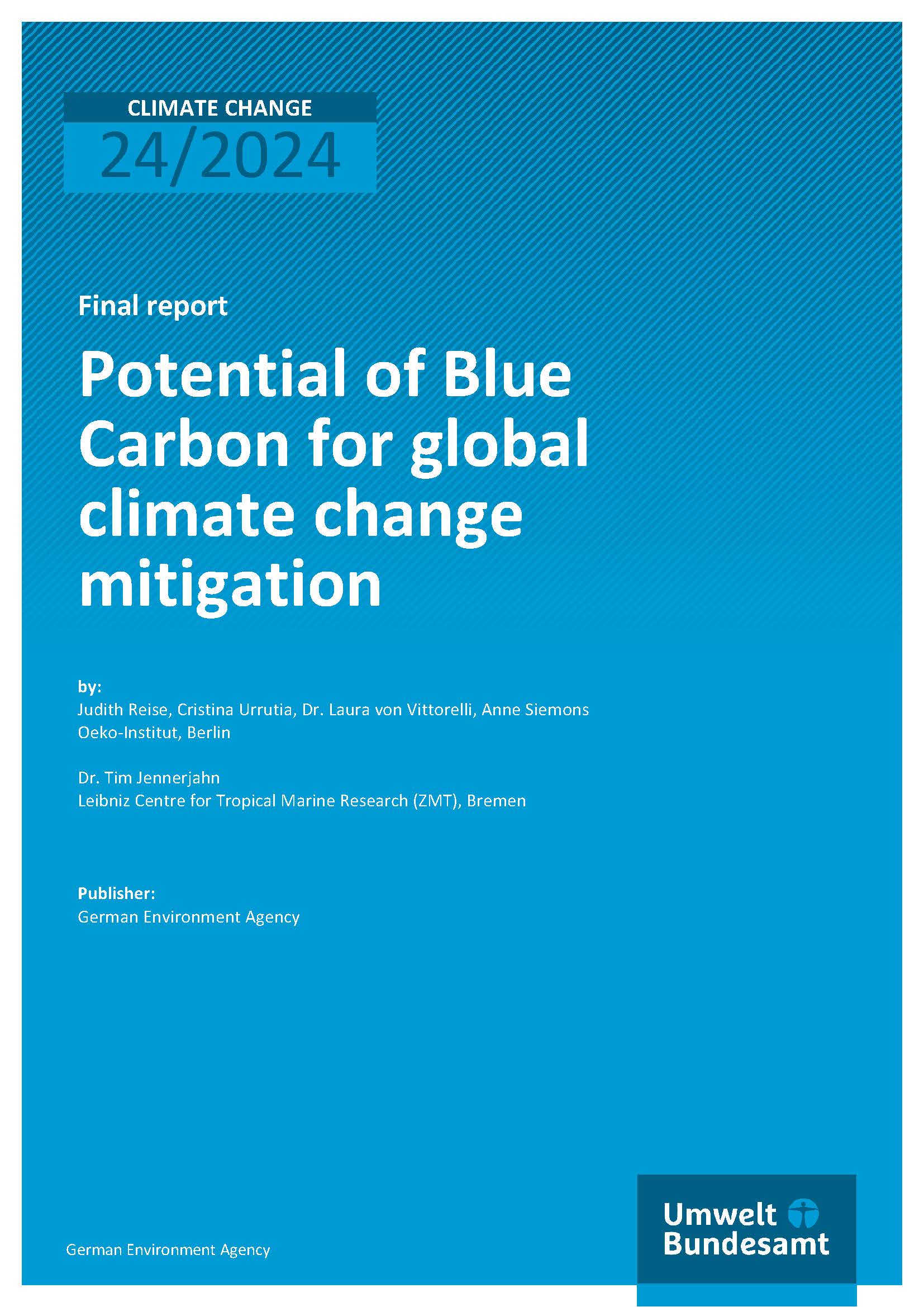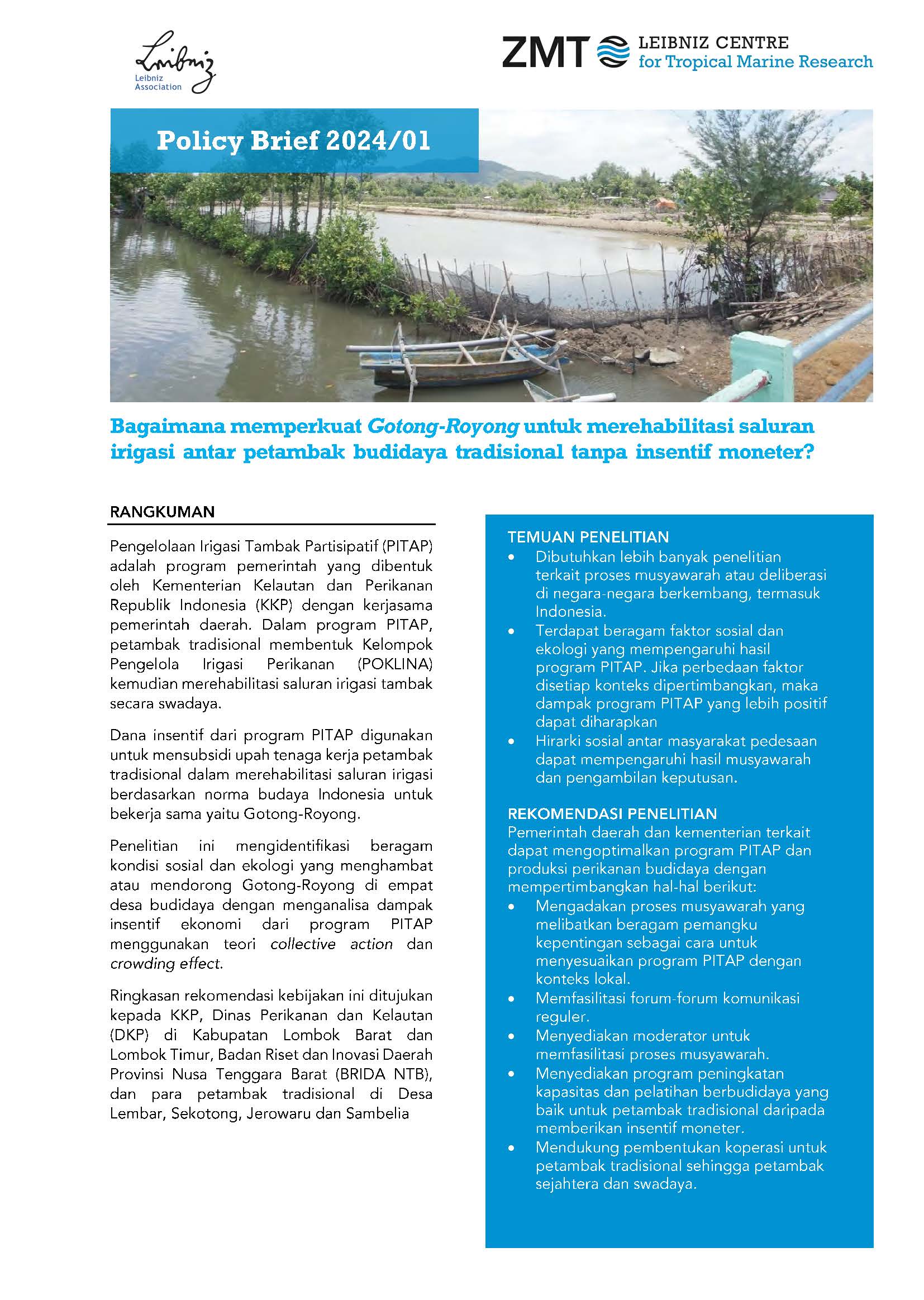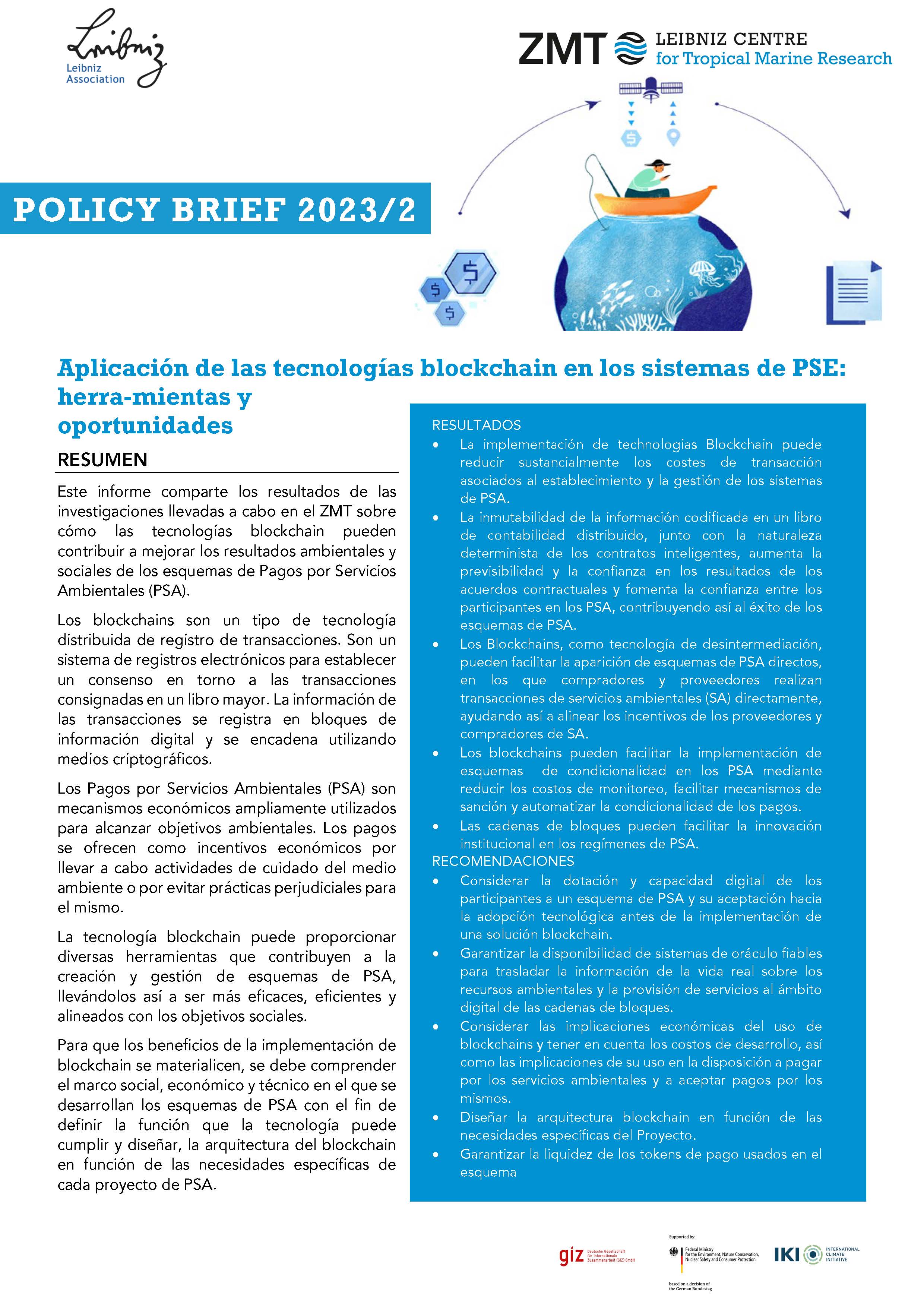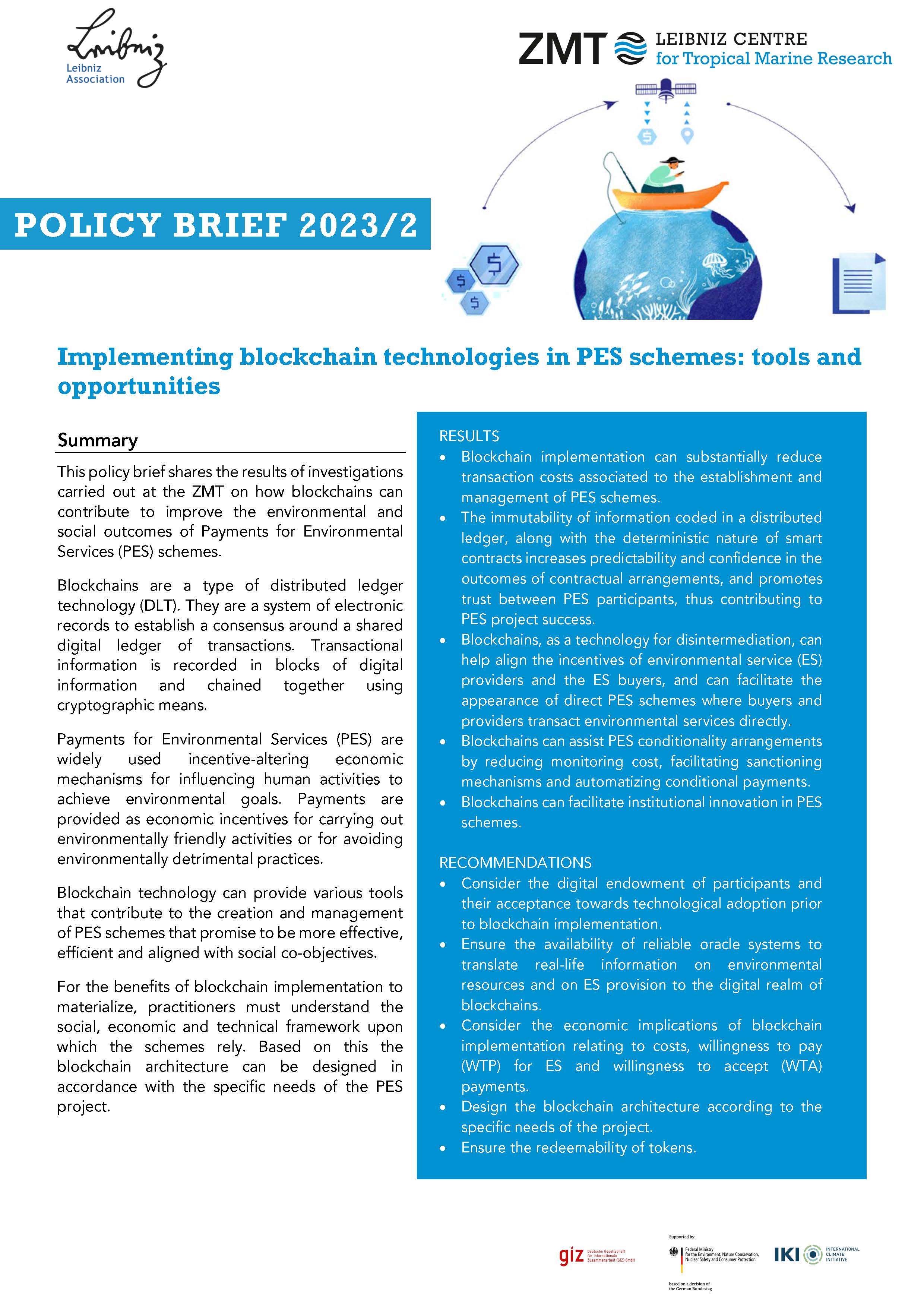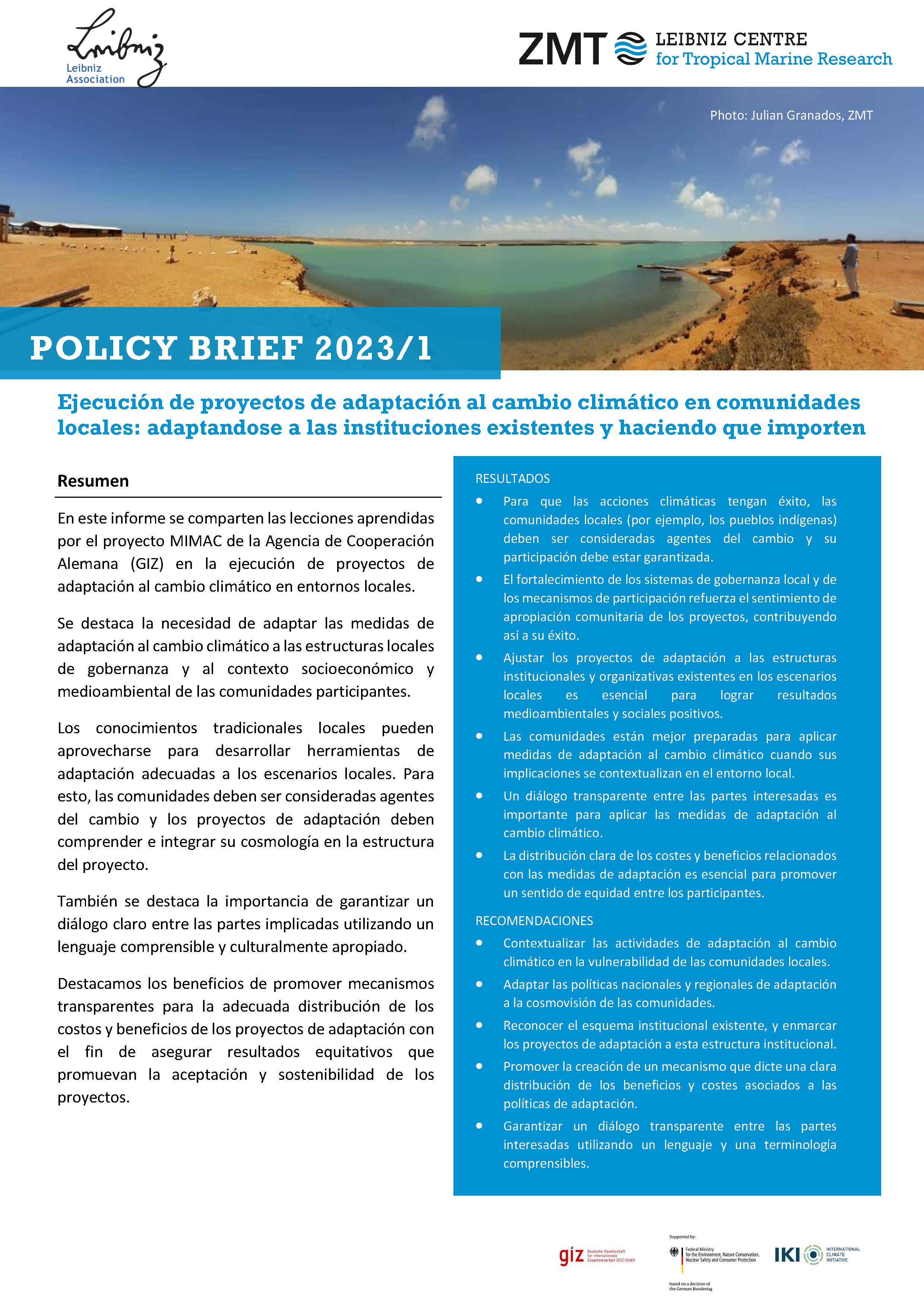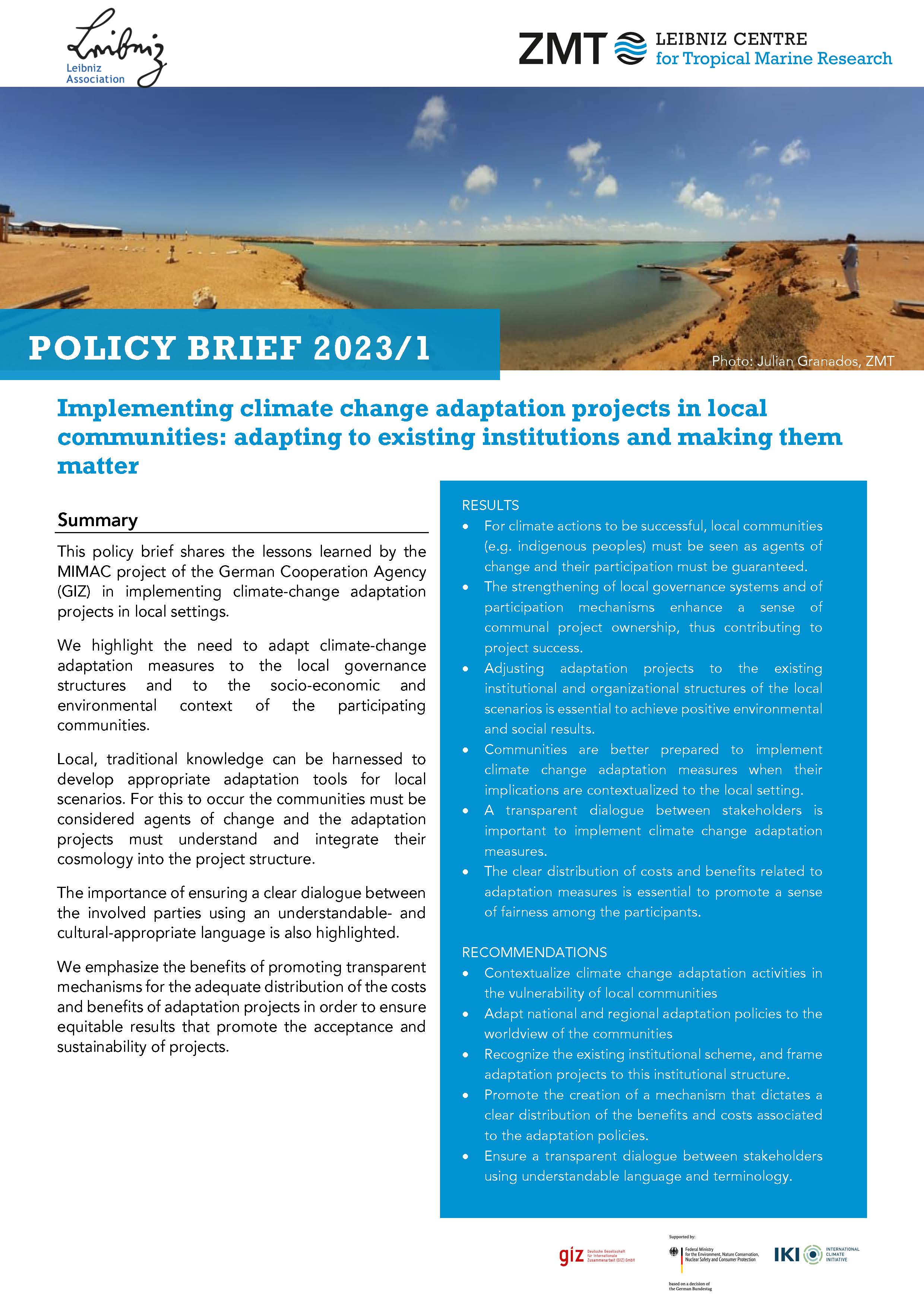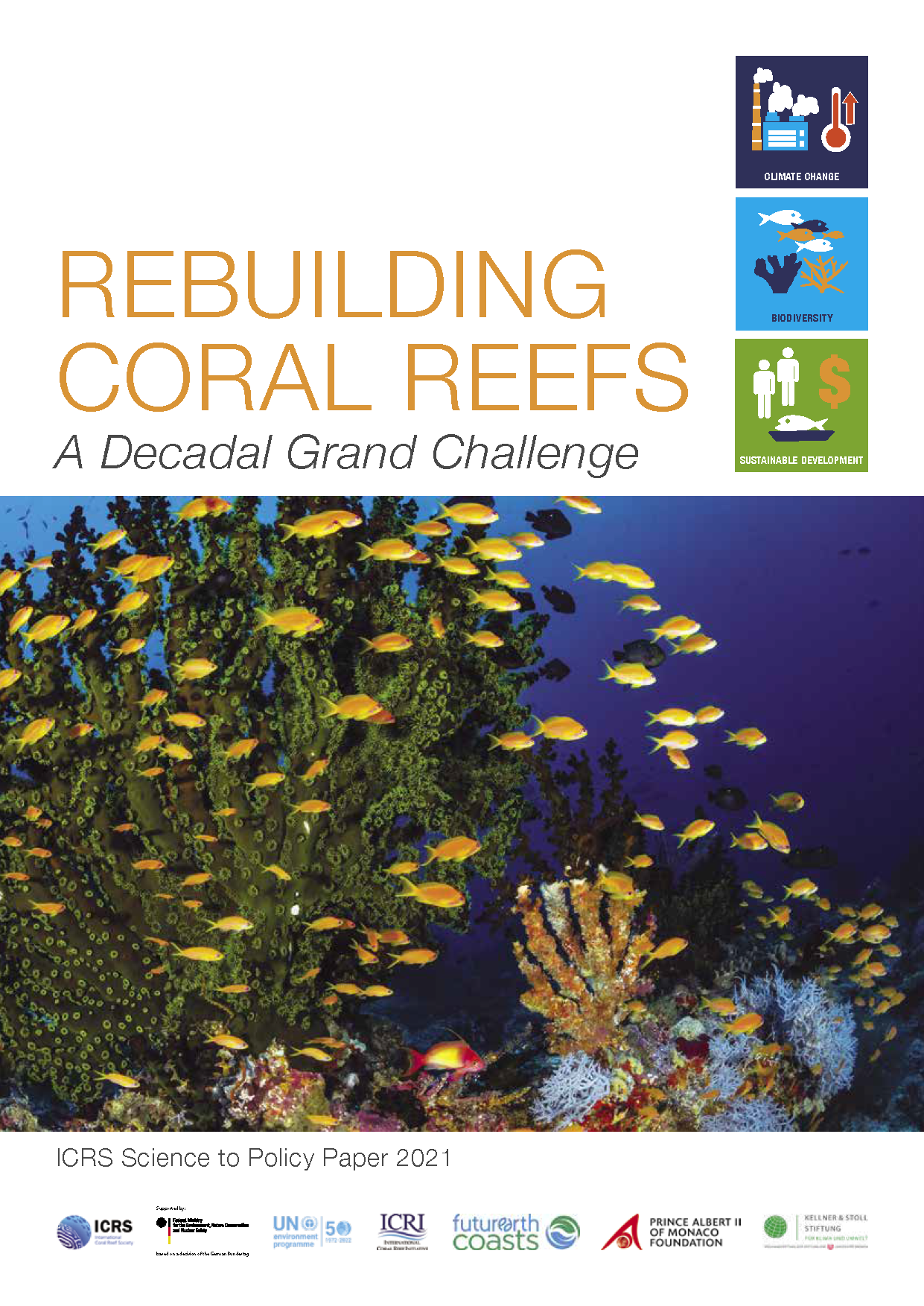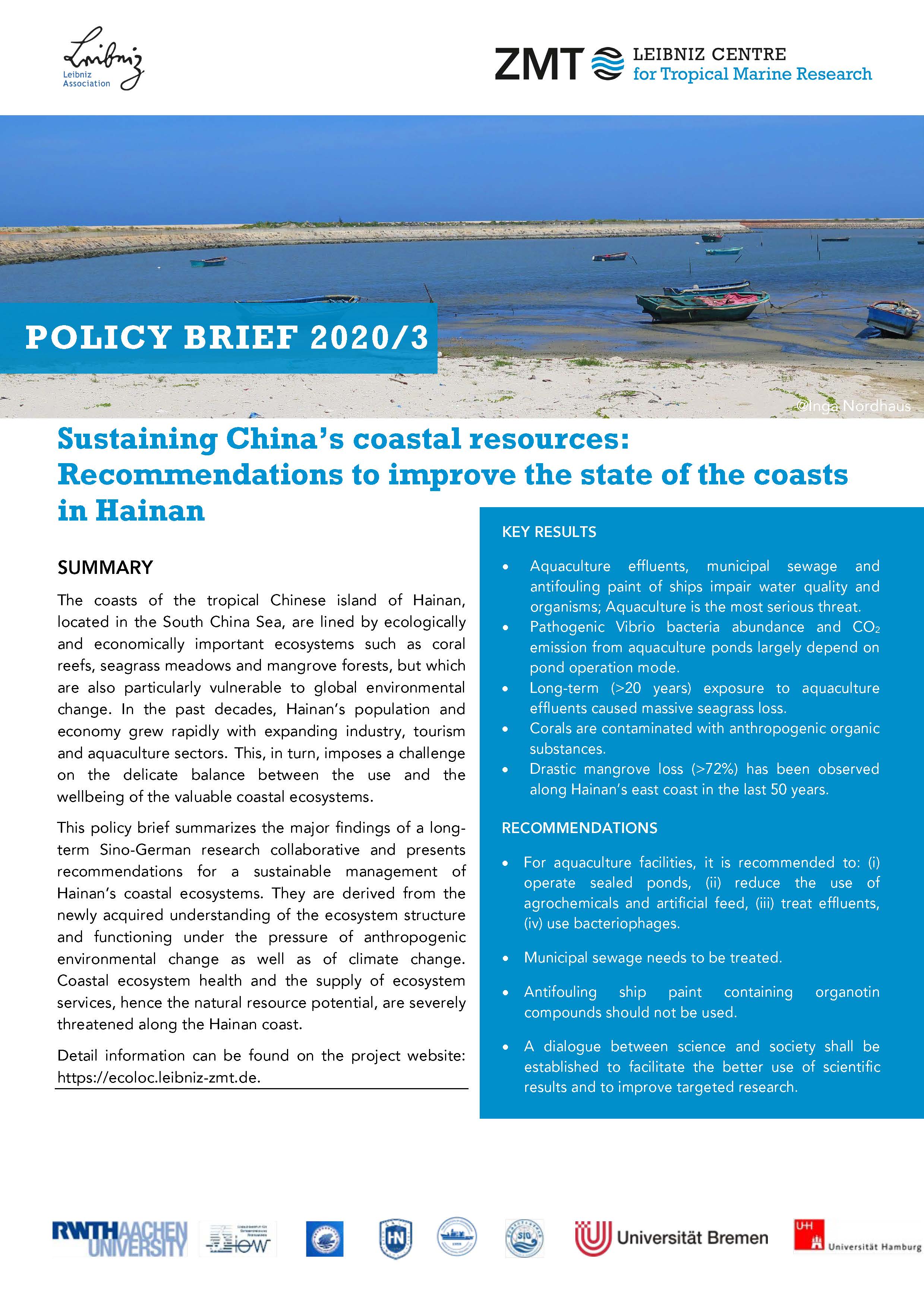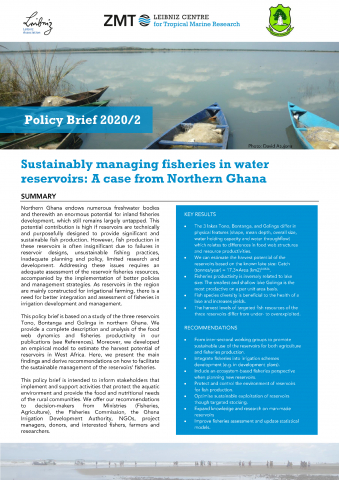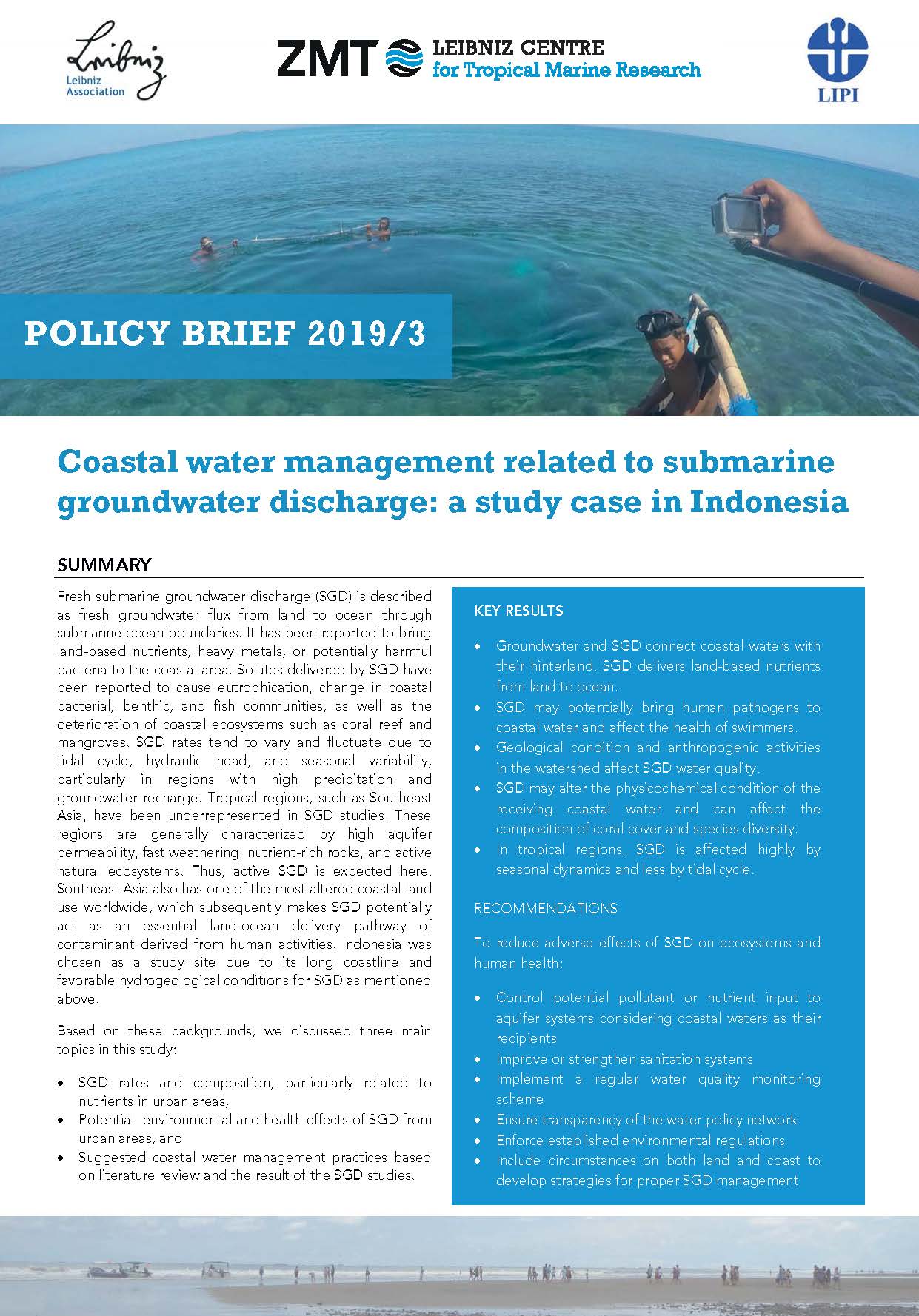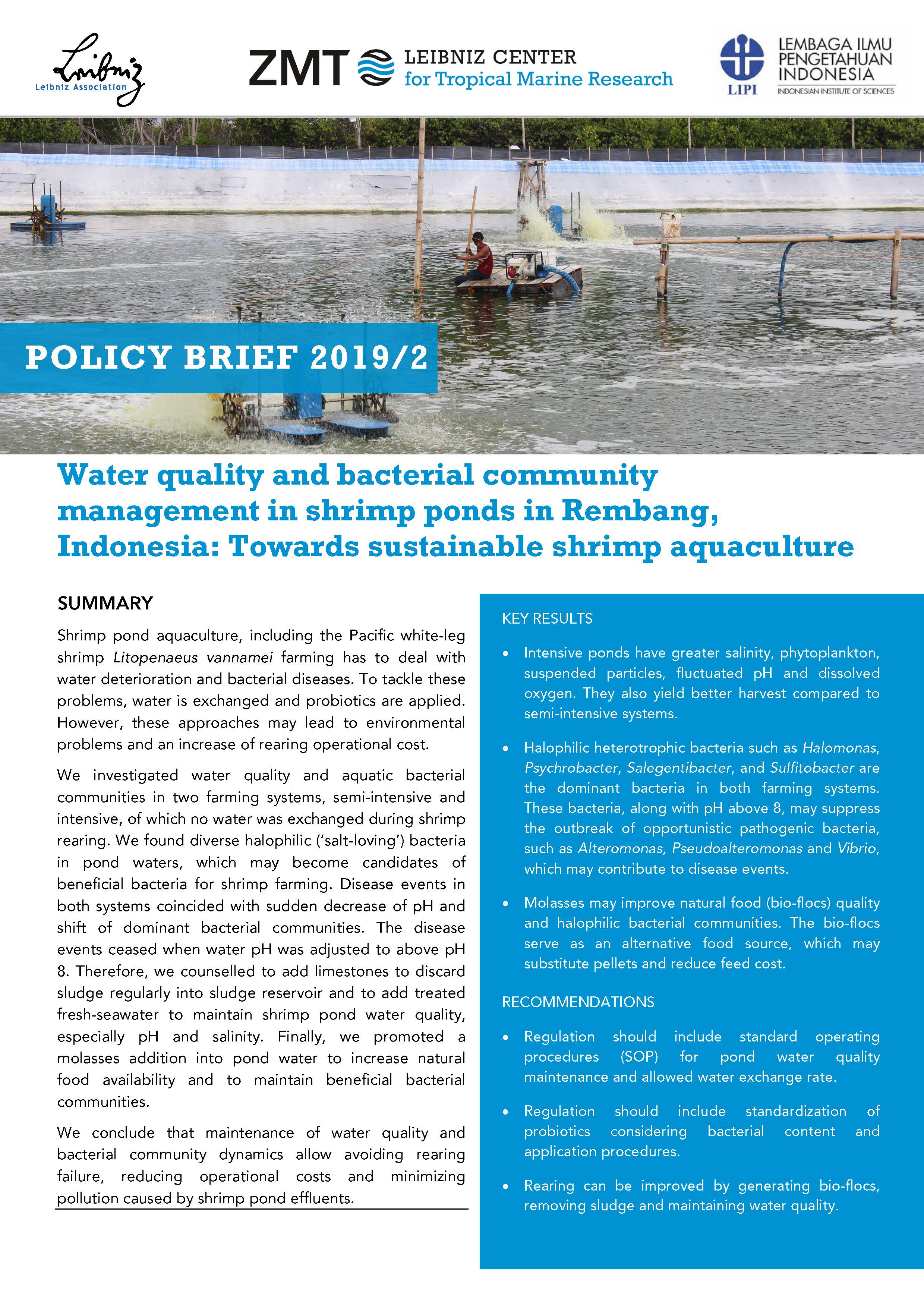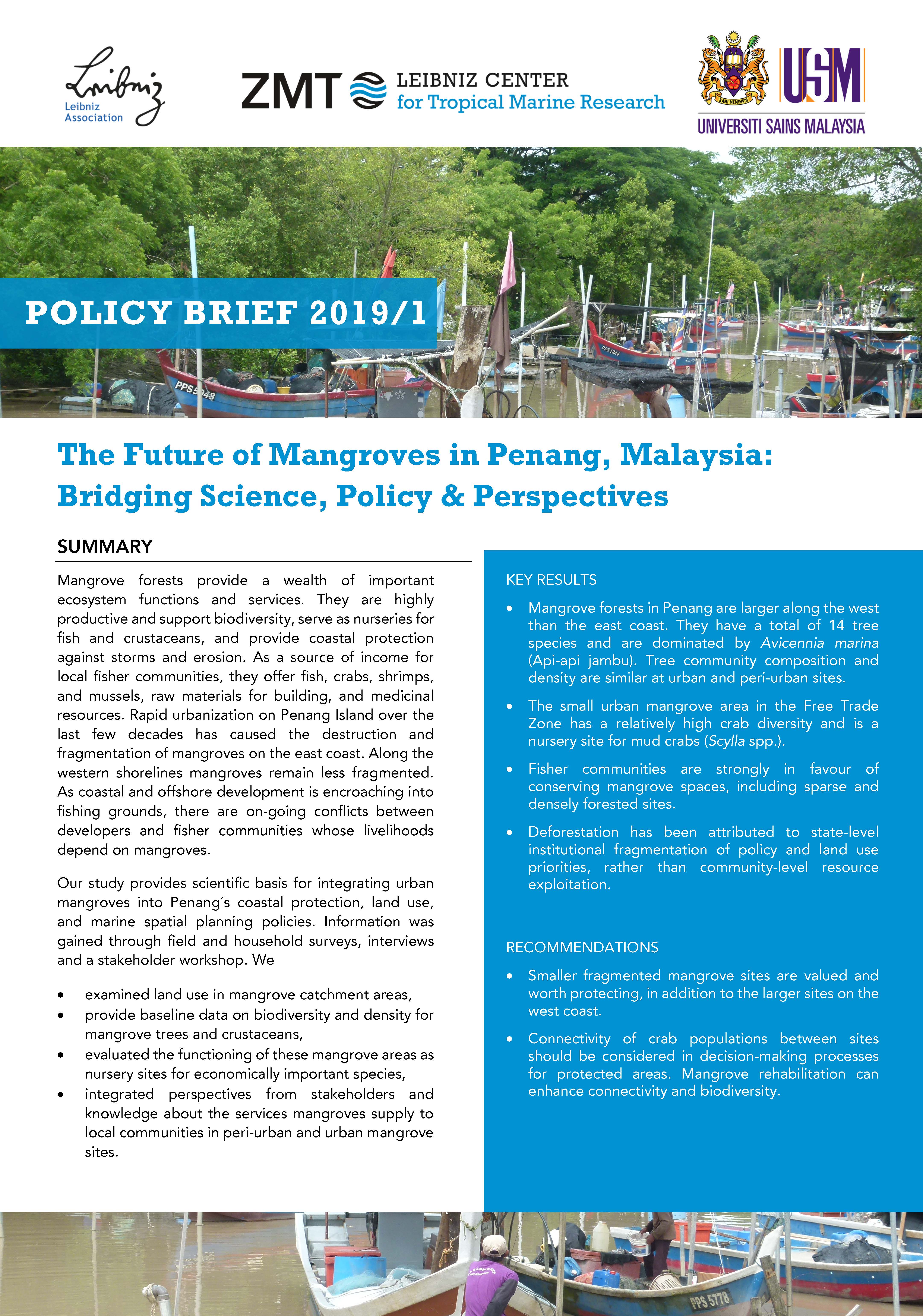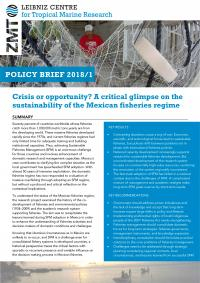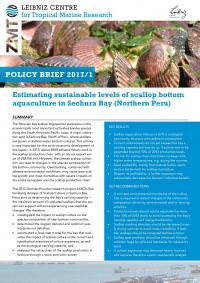Summary
This study investigates how blockchains can contribute to improve the environmental and social outcomes of Payments for Environmental Services (PES) schemes. Blockchains are a system of electronic records to establish a consensus around a shared digital ledger of transactions.
Transactional information is recorded in blocks and chained together using cryptographic means. Blockchains were first proposed in 2008 as a technology to coordinate decentralized economic transactions through the internet.
Payments for Environmental Services (PES) are widely used incentive-altering mechanisms for influencing human activities to achieve environmental goals. They influence the payment matrix on environment-related activities by offsetting incurred costs and generating additional economic incentives for environmentally friendly activities. The received environmental payments give serviceproviders
the opportunity to diversify their income while reducing their dependency on extractive or environmentally harmful activities.
PES are a particularly relevant tool to ensure the provision of public-good environmental services, which otherwise would not be provided. Despite increasing global demand and willingness-to-pay for environmental services, might it be by individuals or states, global PES schemes are very slow to emerge. Bulky transaction costs and insufficient institutional alternatives for conducting environmental transactions
are a reason for this imbalance. Difficulties and expenses in finding a conservation counterpart, establishing contract conditions, monitoring outcomes and transferring funds hinder the establishment
of such exchanges. Blockchains can help counter these difficulties.
Blockchains offer a decentralized and fraud resistant way of organising and monitoring transactions. Distributed ledgers, smart contracts (automated & only to be changed based on consensus), crypto wallets, and programmable money (which can only be spent or earned under predefined circumstances) are blockchain-supported applications that can help significantly reduce transaction costs and increase trust for all parties involved.
You can download the full study here: Blockchain and Payments for Environmental Services: Tools and Opportunities for Environmental Protection
Title: Blockchain and Payments for Environmental Services:
Tools and opportunities for environmental protection
Authors: Julian Granados - Achim Schlüter
ISBN: 978-3-00-075090-8.





